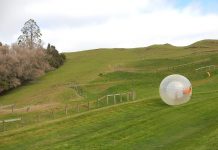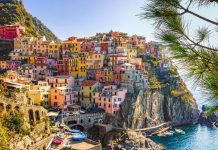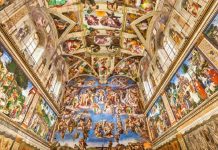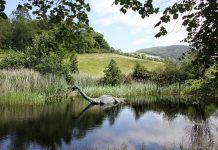On Easter Island stands lone giants, still standing near the shore watching over the island. While the inhabitants that built the moai are long gone, the statues remain vigilant, shrouded in mystery.
The monolithic statues on Easter Island, also known as Rapa Nui, are called moai and were carved out of volcanic rock during the 11th and 14th centuries by Polynesian settlers. These iconic statues have long faces, unsmiling expressions, large noses, and ridge-like brows, and they are a sight that is best seen in-person.
Easter Island is one of the most isolated islands on the planet, about 2,300 miles off Chile’s shoreline. The island itself is only 14 miles long and 7 miles wide, treeless, and shaped in a triangle with a long-dead volcano at each of its three points.
This tiny island is home to about 5,200 people, half of whom are of Polynesian descent, and 800 moai. These stone giants have turned Easter Island into a UNESCO World Heritage site, visited yearly by over 85,000 visitors.
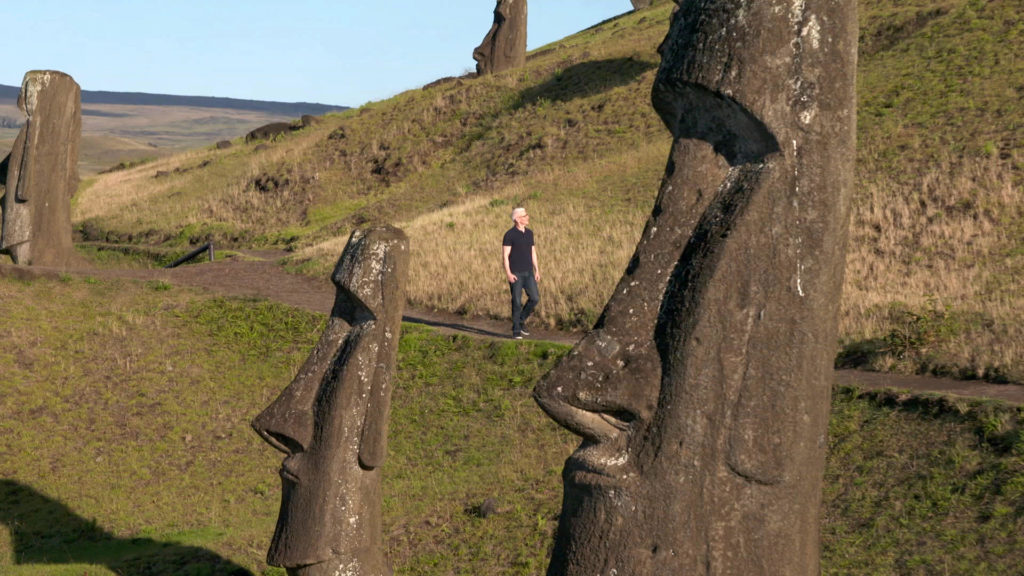
It is the mystery of the moai that seems to attract so many. We still aren’t sure why they were made – are they statues of their gods? How were they maneuvered into place? How did the first Polynesians get there? Why are there no trees at all? What happened to Polynesians who built them?
To see the moai for yourself, you’ll need to fly there from Chile or Lima, which takes a little over five hours, or catch a cruise that is making a stopover at the island. Once there, you can stay in a hotel and spend your days exploring the island on foot or by bicycle. If you have the time, climb to the top of Rano Kau, the dead volcano on the island’s south-western corner.
If you’re putting together your travel bucket list, make sure you check out Buckil.com to use our online bucket list maker, check out other people’s experiences, and to find more unique bucket list ideas. Alternatively, download the Buckil app, available on iOS and Android, to take your bucket list with you wherever you go.


